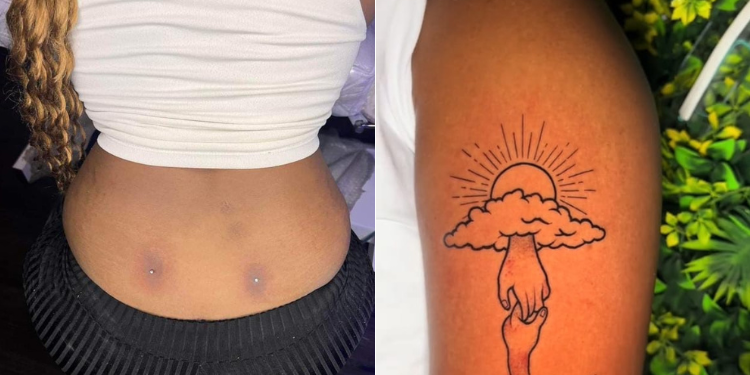Body tattoos and piercings are no longer fringe practices but increasingly popular forms of self-expression, according to most youths. However, the trend faces criticism from religion and the older generation.
While older generations view them with suspicion, linking them to rebellion or cultism, many young people argue that they represent personal identity, fashion, and freedom of expression.
This growing trend has triggered mixed reactions from different members of the society, with religious, cultural, and medical experts weighing in on the phenomenon.
Why the Youth Are Embracing the Art
For 23-year-old Jane Kaiyu, a gym trainer in Kiserian, tattoos are more than just art.
Jane has three tattoos, including one with a sunset art accompanied by marked dates and a naval piercing, and she says they help her process essential life milestones or events.
“Each tattoo I have symbolises a chapter in my life. One marks my father’s death, and the piercings I got them when I was so much disturbed with my past traumas and after a series of panic attacks every time I think of how my late dad sexually assaulted me while I was only 13,” she narrated while speaking to The Kenya Times.
Like Jane, Mohan Nyamohanga, a 22-year-old KMTC student in Highrise, says he began inking his body at 19. To him, every time he is about to give up, he remembers promising himself to hold on and keep moving as he drew the tattoo.
“The first was a scorpion on my shoulder, a symbol of courage. The second is a quote on my chest that reminds me to keep pushing no matter what,” Nyamohanga said.
For many youths, tattoos and piercings are also forms of aesthetic enhancement.
“I just love how it looks,” says 21-year-old Sheila Wambui, a communication student at Riara University.
“It makes me feel confident and attractive.”
According to her, judgment from older people is inevitable, “but we’re not living in their generation,” she added.
The youth see this trend, defined by artwork on human body parts, as personal choices in a fast-evolving culture that prizes individuality and visual storytelling.
With social media platforms like Instagram and TikTok showcasing tattooed influencers and celebrities, the trend is rapidly gaining traction among Kenyan millennials and Gen Z.
Society with Mixed Reactions
Despite growing popularity, tattoos and piercings continue to face public criticism. For some Kenyans, these body modifications raise red flags about values, morality, and discipline.
“When I see someone with multiple tattoos, I wonder what they’re trying to prove,” says 42-year-old Jacinta Nyambura, a secondary school teacher.
“In our time, tattoos were associated with prisoners and gang members,” she added.
On the streets of Nairobi town, boda boda rider Patrick Ondieki expresses concern over what he calls ‘imported behaviour’.
“Our culture did not have such things. It’s confusing our youth. They copy the West blindly,” he remarked.
Some also believe that tattoos are marks of cultism or devil worship.
“I’ve heard of cases where youth join cults and get tattoos as initiation signs, and I think we really need to talk about what’s influencing our children.”
The Businesspeople –the tattoo artist and piercing professional
For tattoo artists and body piercing professionals, the shift in perception has brought financial opportunity.
In Eldoret town’s CBD, 29-year-old tattooist Brian Otieno runs a successful parlour called Urban Inks.
“When I started in 2016, people were shy about tattoos,” he says.
“Now, my schedule is full every weekend. I get clients from as far as Kisumu and Meru.”
Brian says most of his clients are between 19 and 30 years old.
“They come with their own designs, usually something meaningful, a date, a quote, a name, or an image that tells their story.”
Apart from drawing tattoos, I also do all sorts of body piercings.
“I do nose, belly, tongue, and even dermal piercings, and as well, business is good,” he explains.
The professional also emphasises that the job requires safety measures to ensure client safety.
“We use sterilised equipment. Infections and allergic reactions happen when people go to untrained piercers working in unsafe environments,” says Brian.
While tattooing and piercing remain unregulated in Kenya, Brian advocates for formal recognition and licensing to protect both clients and professionals.
Cultural and Religious Interpretations
Christian Religion remains a critical lens through which tattoos and piercings are judged.
Pastor Nkem Moses of a Nakuru-based evangelical church says the Bible warns against marking the body in Leviticus 19:28.
However, the clergy man maintains that the society must be careful not to judge others too harshly.
“Some youths do it out of ignorance or personal pain. Our role is to guide them, not condemn them,” he says.
Also Read: Why Nairobi Women Are in Love with Waist Beads and Truth Behind the Trend
“If a young man walks in to lead youth ministry with visible tattoos, he’s unlikely to be accepted,” he adds.
The Identity Conversation
On her part, Dr Stacy Jepchumba, a Nakuru-based psychiatrist, points out that tattoos and piercings can have both physical and emotional implications.
She views the rise of body modification as a reflection of deeper identity quests.
“For many youths, tattoos are symbolic expressions of inner struggles, trauma, or milestones. It’s a way to externalise what they feel or have experienced,” she explained.
She also associates some cases with mental health concerns.
“While most youth do it for aesthetic or symbolic reasons, there are instances where excessive or impulsive body modification may signal that families engage their children in non-judgmental conversations.”
Also Read: Truth Behind Uhuru Kenyatta Having Freemason Tattoo and Logo
“Dismissing all underlying psychological issues, including body dysmorphia or personality disorders or shaming them creates a disconnect. Instead, ask what the tattoo means to them. It could be a gateway to better understanding their emotional world,” she concluded.
The debate around tattoos and piercings among Kenyan youth reveals a tension between tradition and modernity on one hand and expression and societal norms on the other.
For many young people, body modification is a personal and symbolic journey and for others in society, it remains misunderstood and even feared.
Follow our WhatsApp Channel and X Account for real-time news updates.
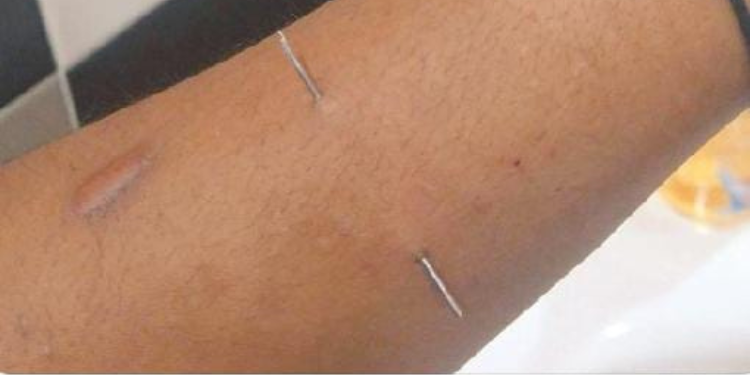




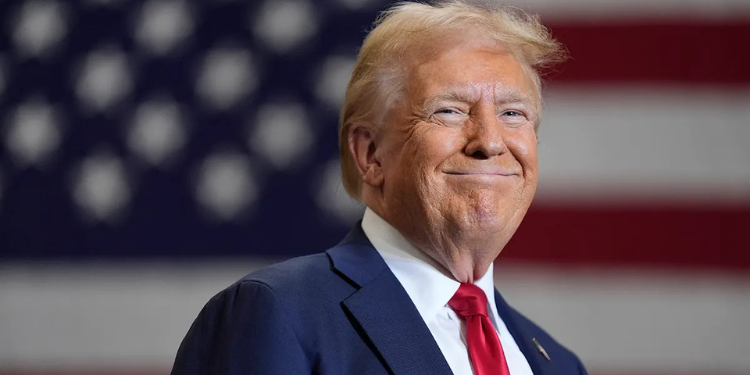
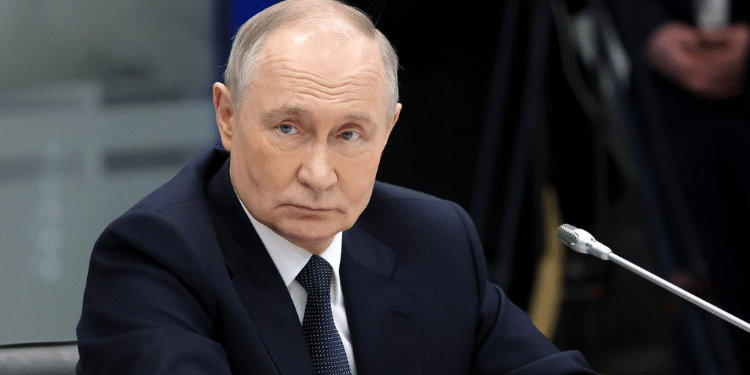
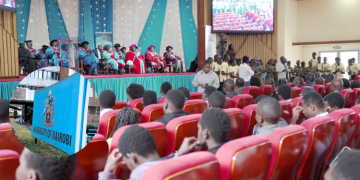









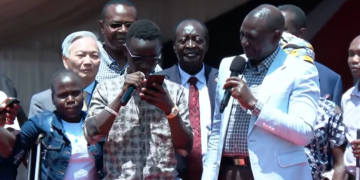

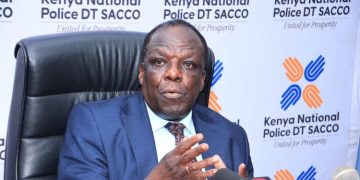
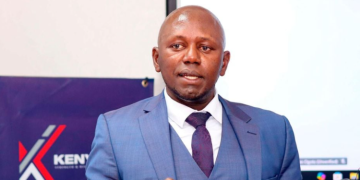
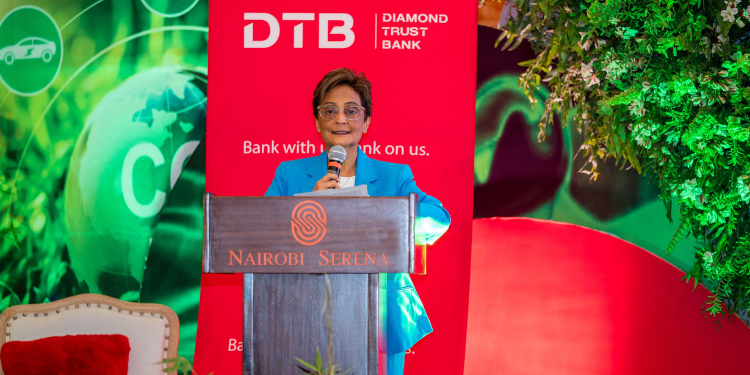
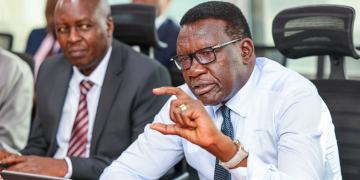





























![Senator Allan Chesang And Chanelle Kittony Wed In A Colourful Ceremony [Photos] Trans Nzoia Senator Allan Chesang With Channelle Kittony/Oscar Sudi]( https://thekenyatimescdn-ese7d3e7ghdnbfa9.z01.azurefd.net/prodimages/uploads/2025/11/Trans-Nzoia-Senator-Allan-Chesang-with-Channelle-KittonyOscar-Sudi-360x180.png)



















